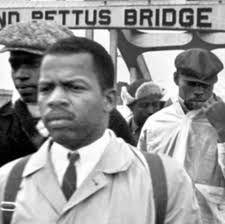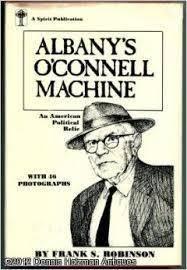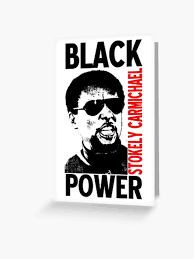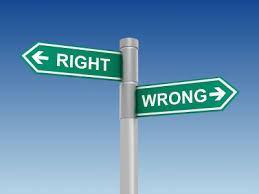One of my book groups read John Lewis’s 1998 autobiography, Walking With the Wind. He’s long been a hero to me.

I was reminded that in the same age bracket, I too was involved in an intense battle against an entrenched power structure — Albany’s Democratic political machine.

He never wavered from the basic principles that motivated him from the start. A Gandhian philosophy of nonviolence, which for Lewis was a deeply felt moral commitment. With an ideal of equality, all Americans joining together in what Lewis liked to call a “beloved community.”
Perhaps inevitably, such generosity of spirit ultimately could not stand against other impetuses. The degree of violence encountered made some SNCC members want to fight fire with fire. While Lewis’s “beloved community” idea came under assault from those more militantly seeking not integration but separation. Propelled by Malcolm X’s black nationalist radicalism — of which he actually repented before his assassination. Nevertheless, that new “black power” trope made the old SNCC stance seem too tame for some. Stokely Carmichael was in that camp, maneuvering to wrest the group’s chairmanship from Lewis.

Two decades later, Lewis returned to prominence, winning a Georgia congressional seat, by defeating his old close friend and movement “golden boy” Julian Bond.
Lewis’s last chapter laments where the country had gotten to, as of the late 1990s when he wrote. His “beloved community” seemed farther away than ever. It felt oddly disturbing to read this in 2020, when the trends Lewis discussed have grown so much worse.

But today it’s a very different country, as Lewis himself already wrote over twenty years ago. In some ways (notably, gay marriage), progress has continued, yet something is very broken. A 2011 book by Tom Friedman and Michael Mandelbaum was titled That Used To Be Us. Referring to how America used to tackle problems and challenges — which in many ways had stopped. And here again, since that was written, it’s gotten even worse.
American democracy was quintessentially a project of Enlightenment rationalism. That’s what is failing. Under sustained assault by almost half the country.

